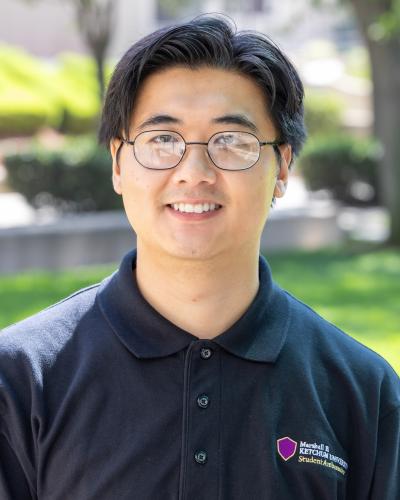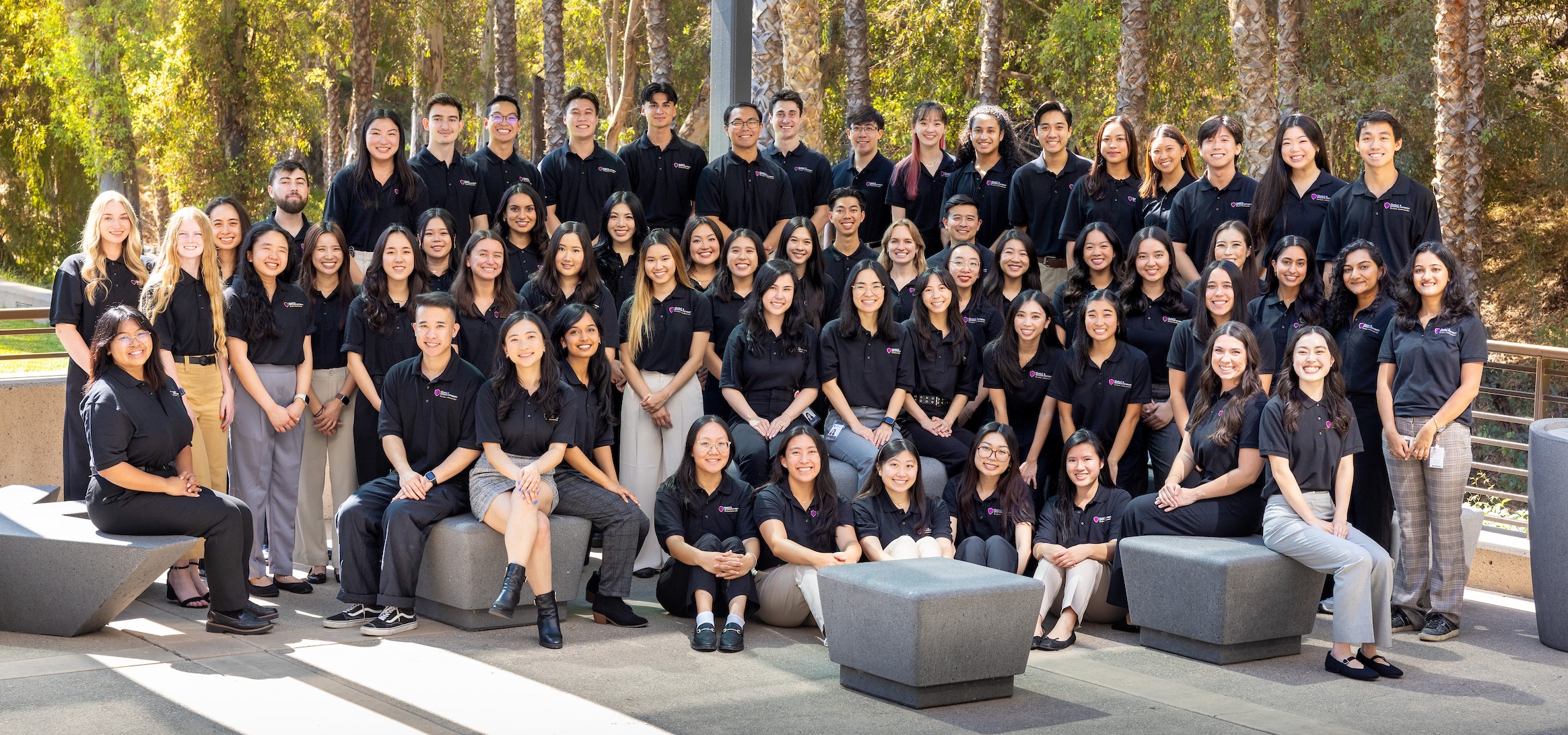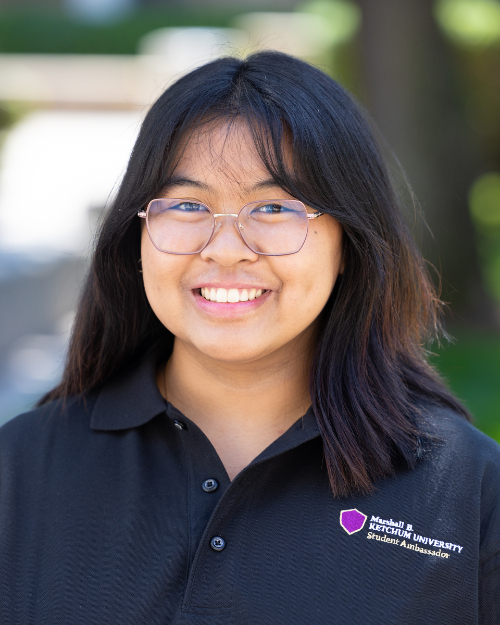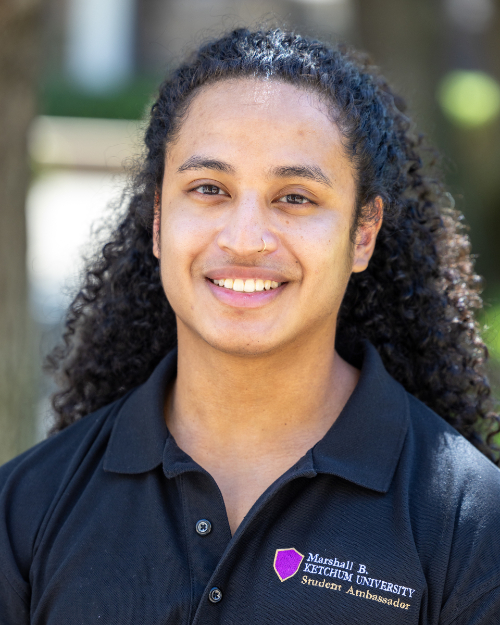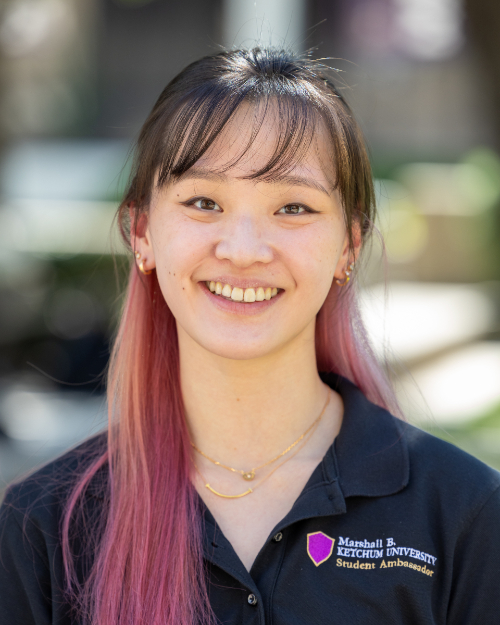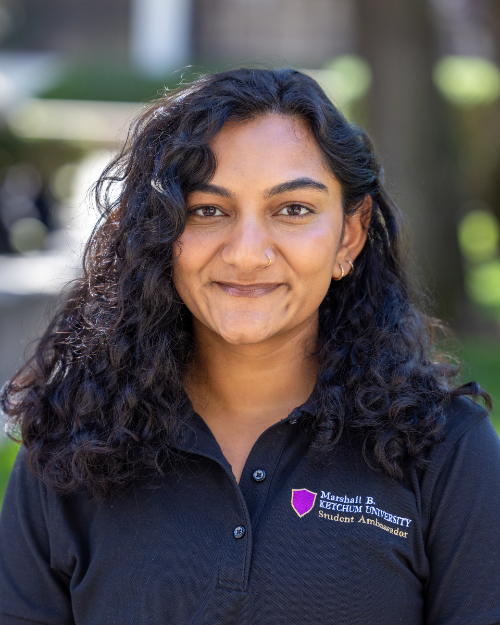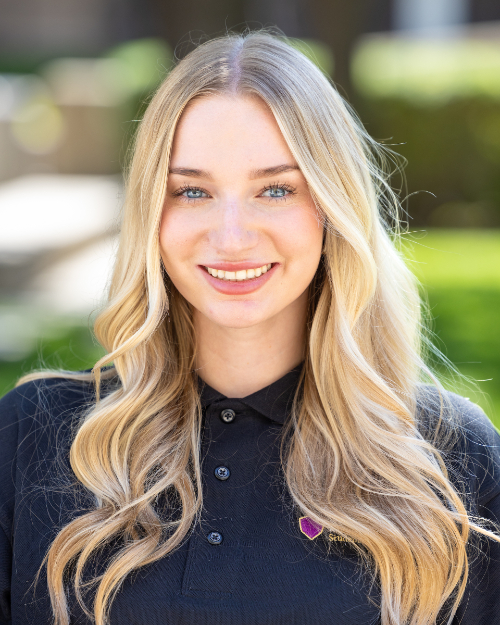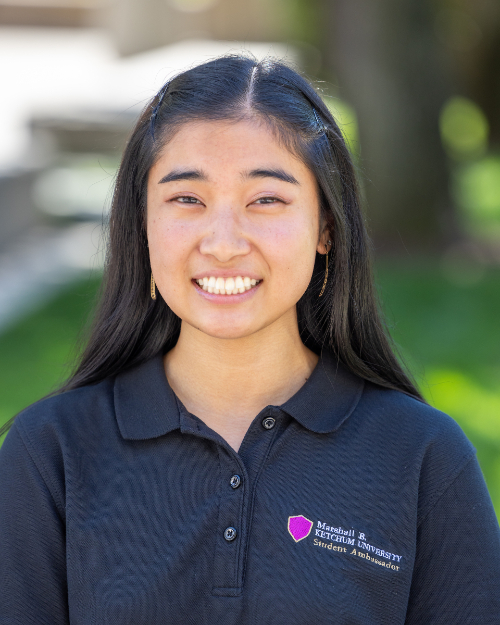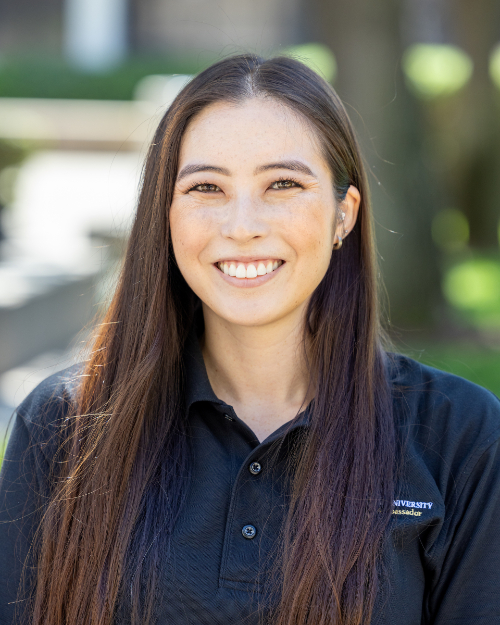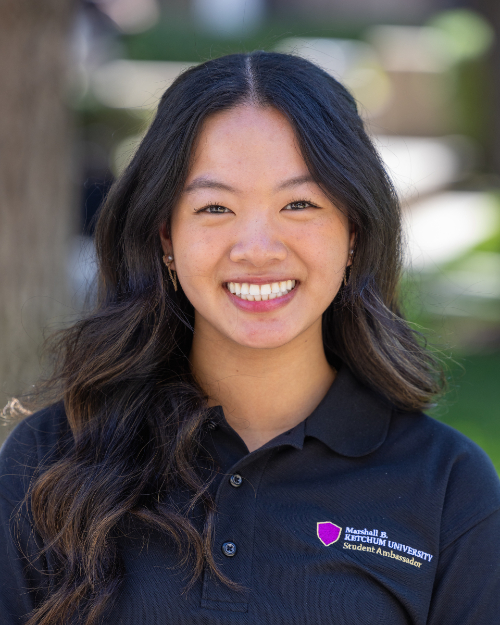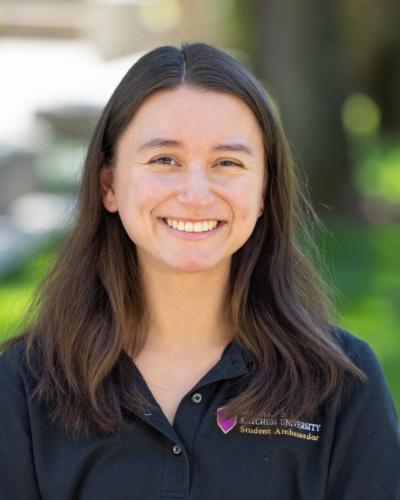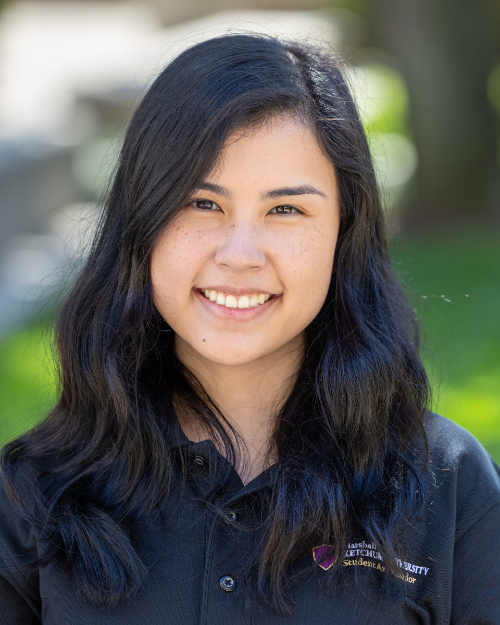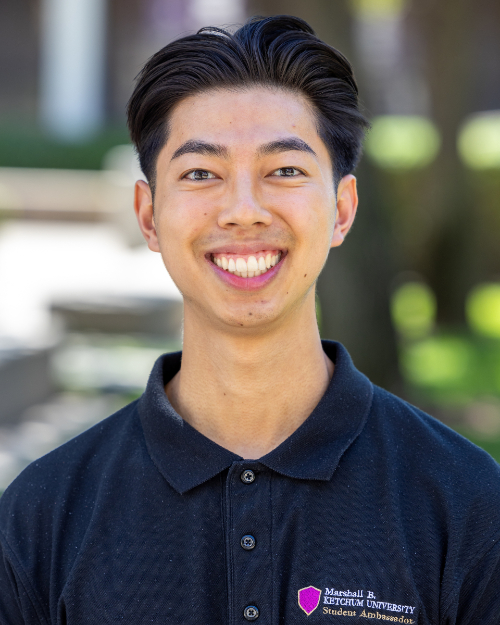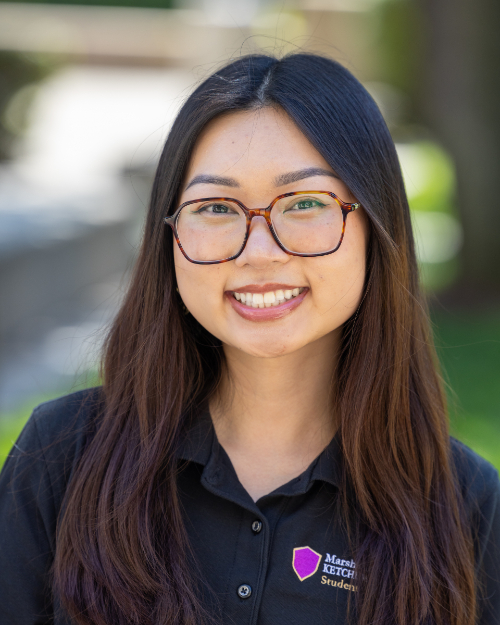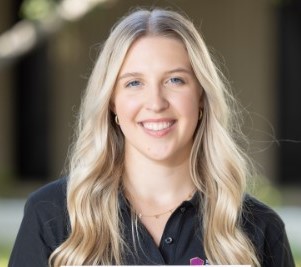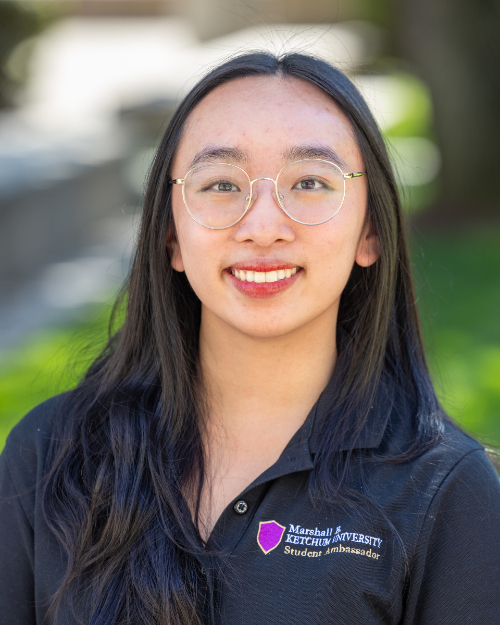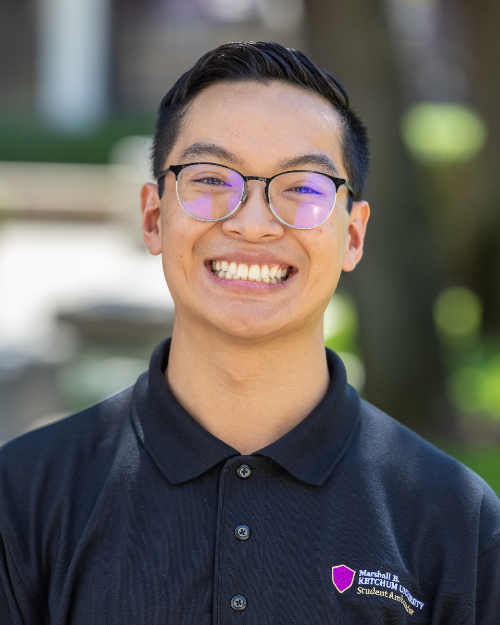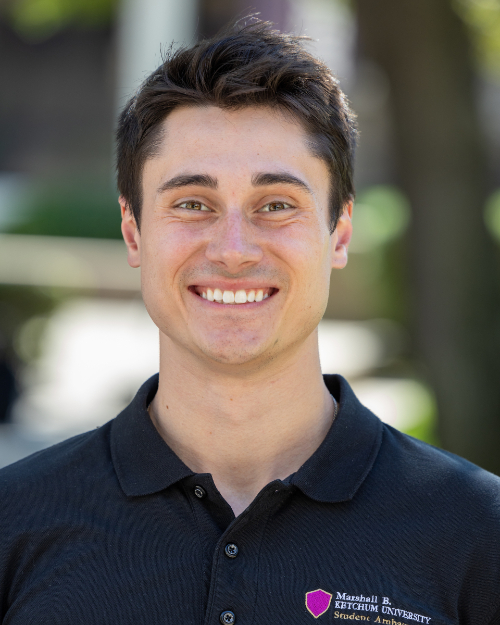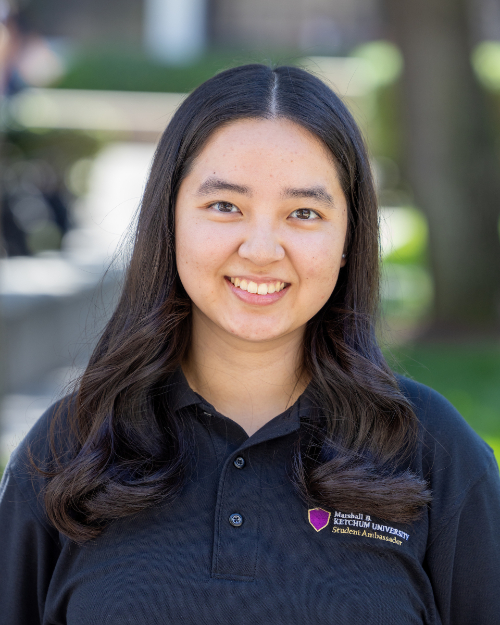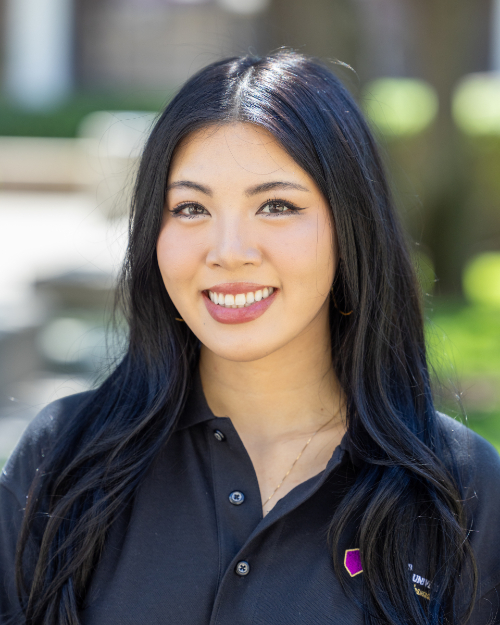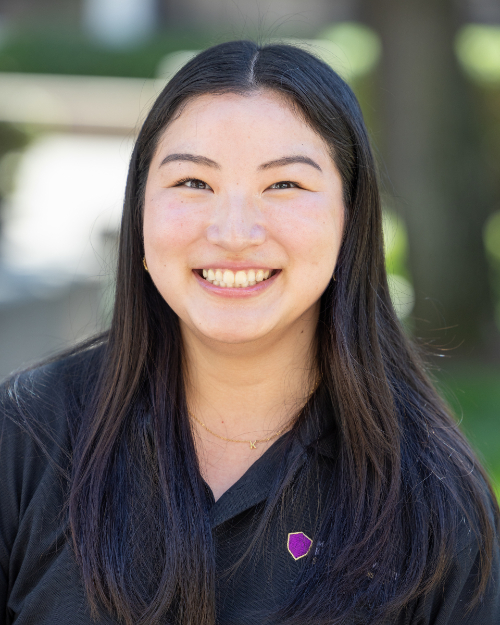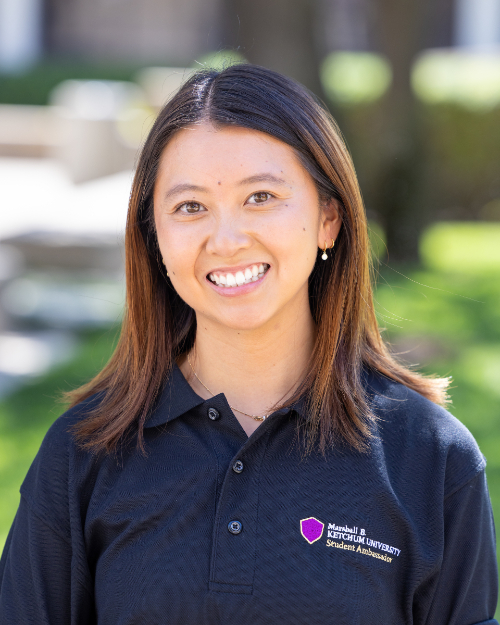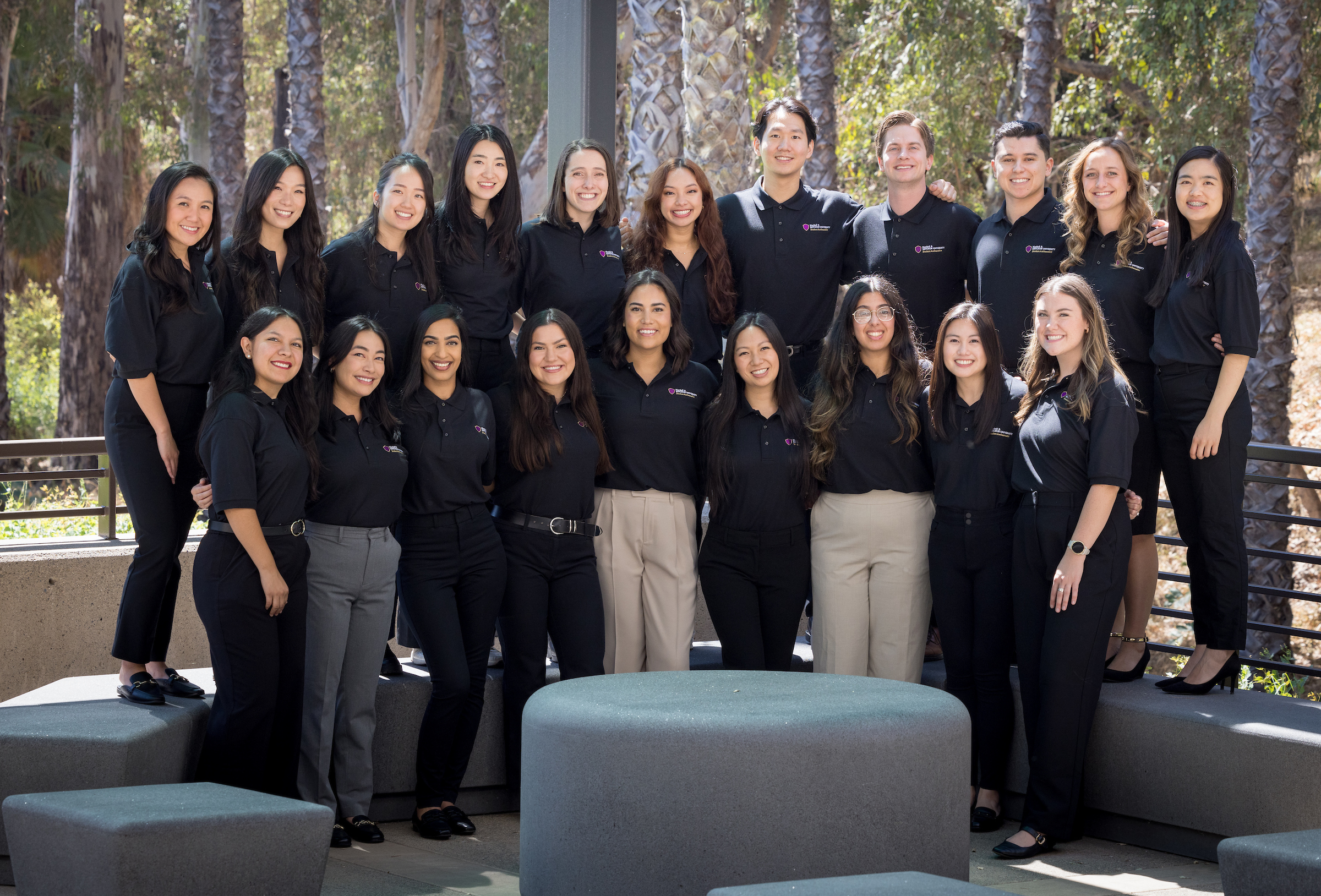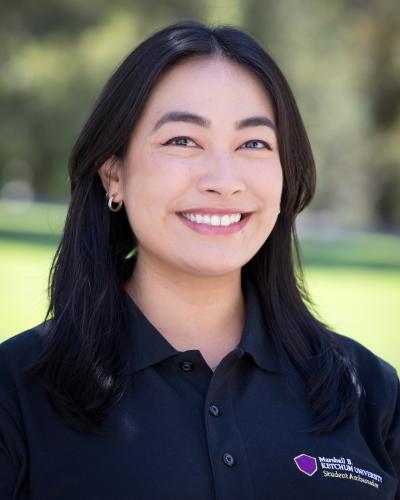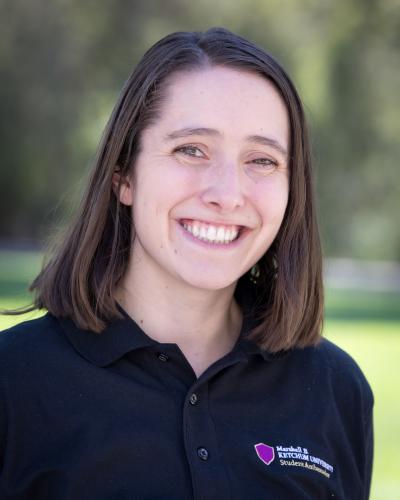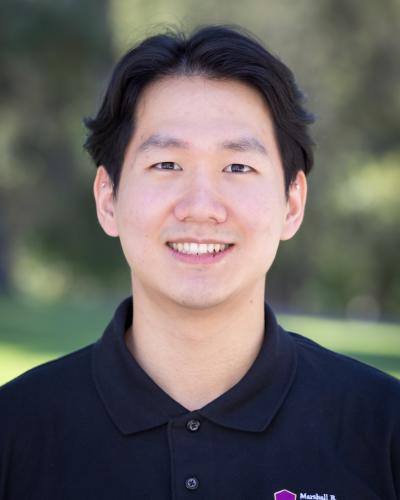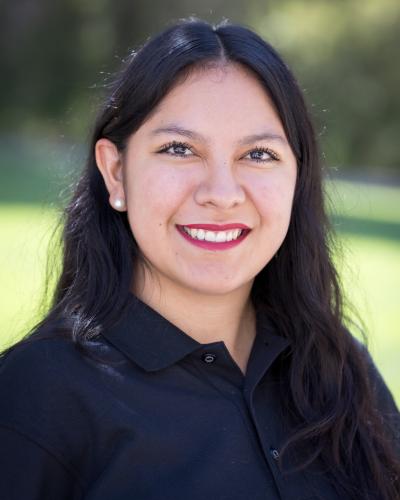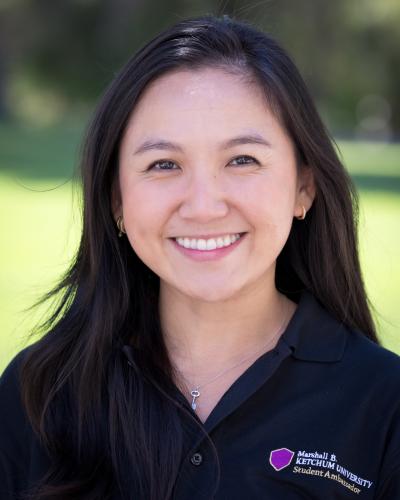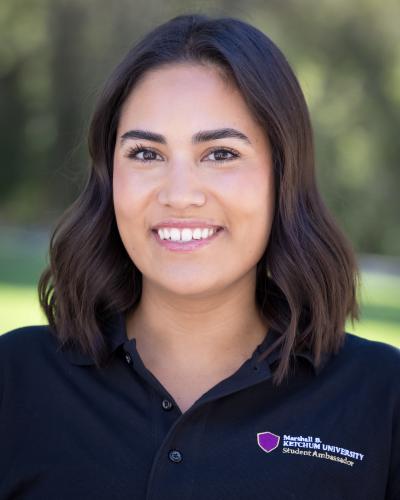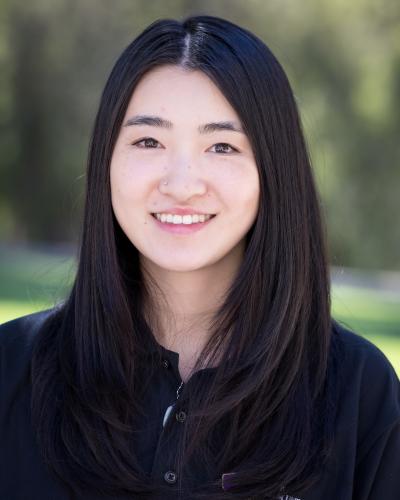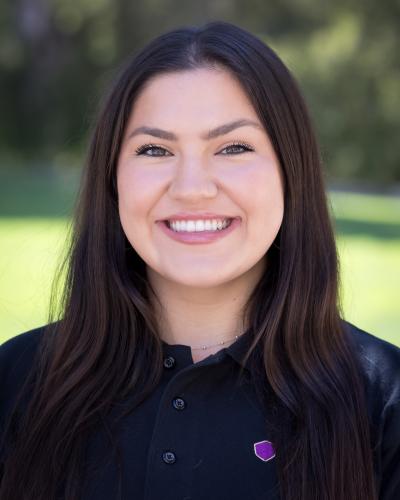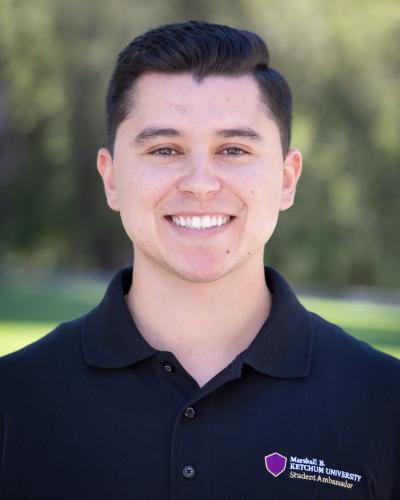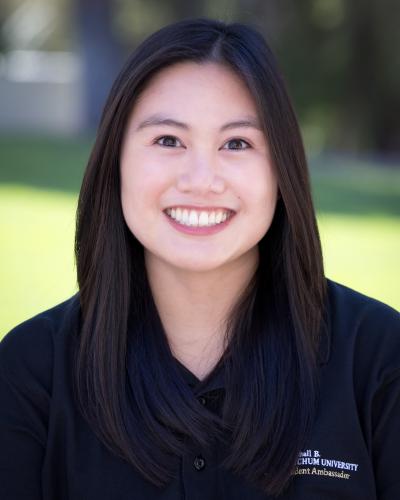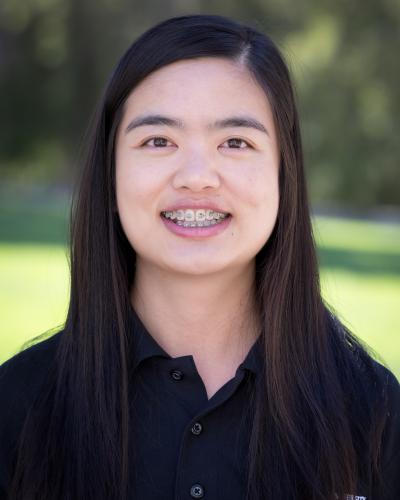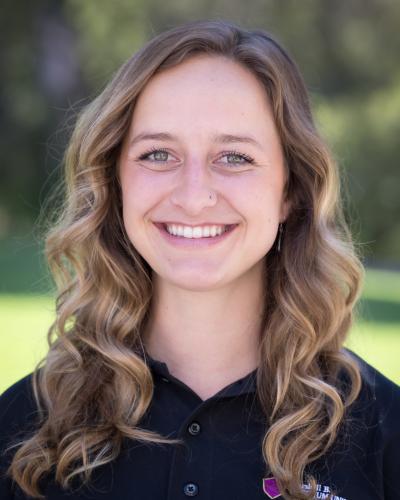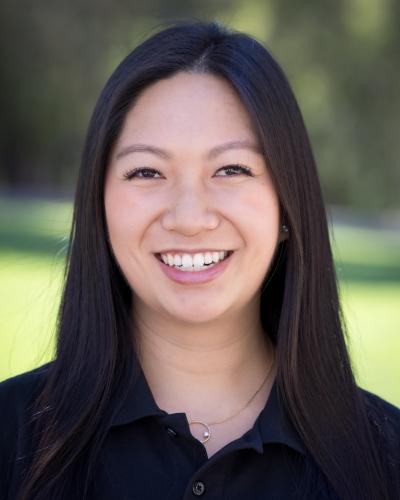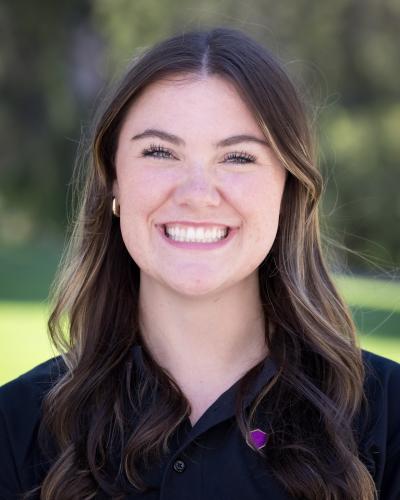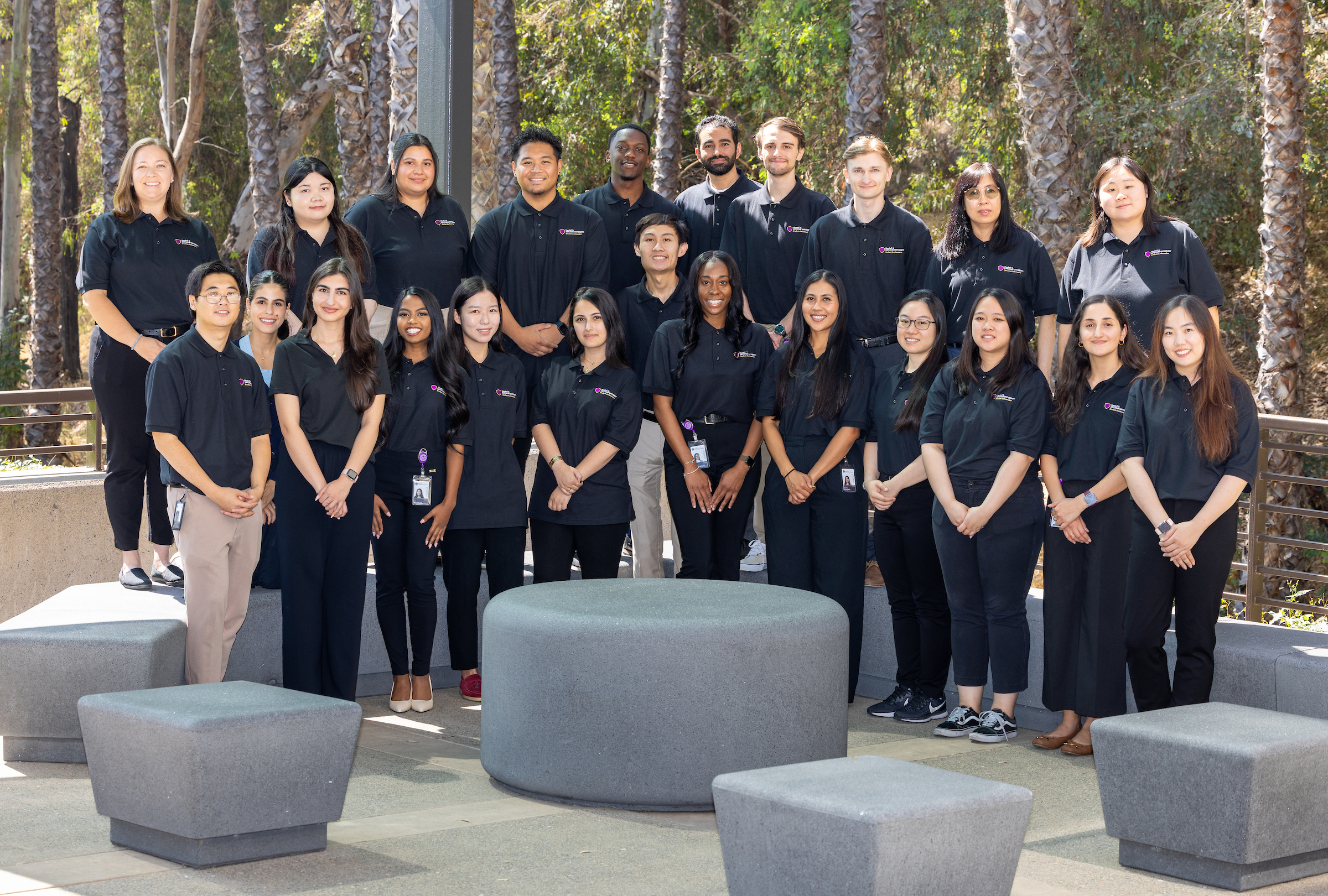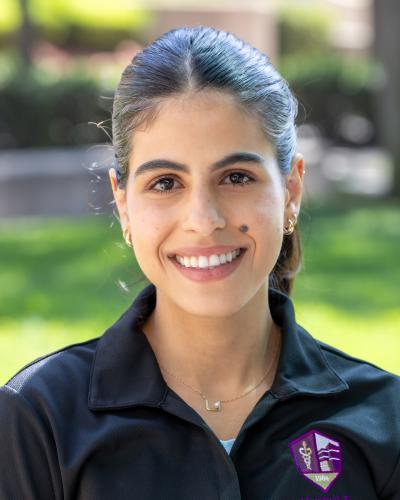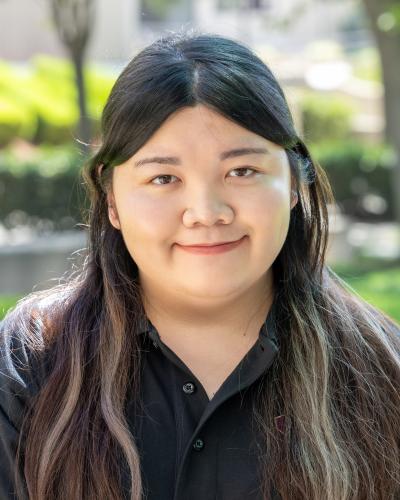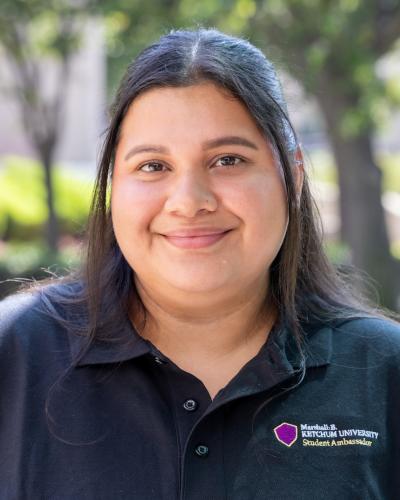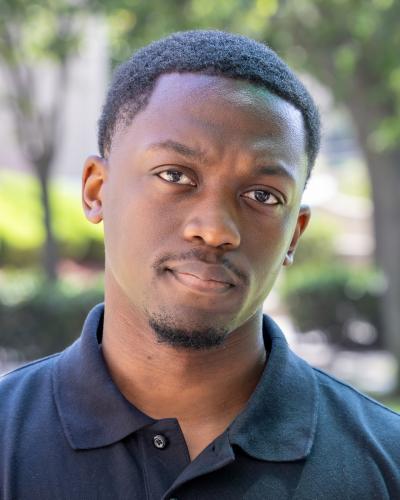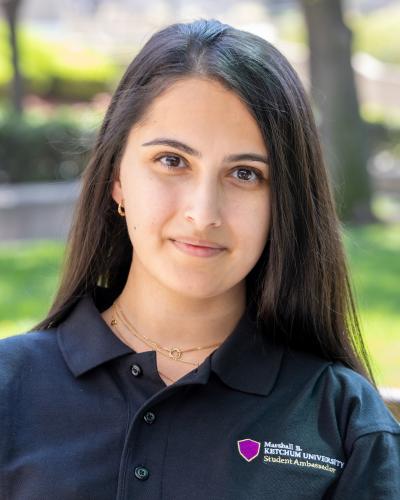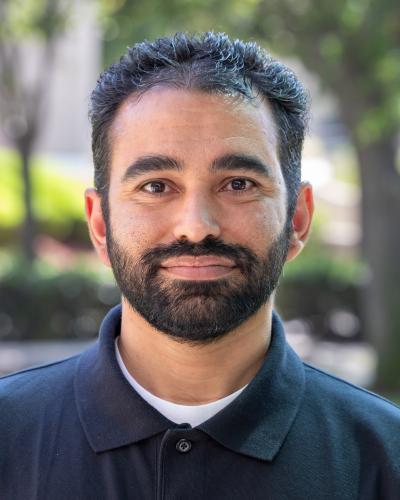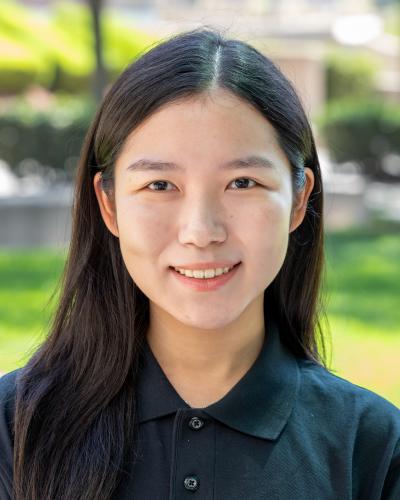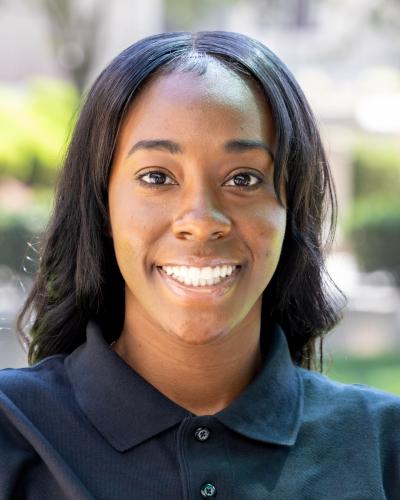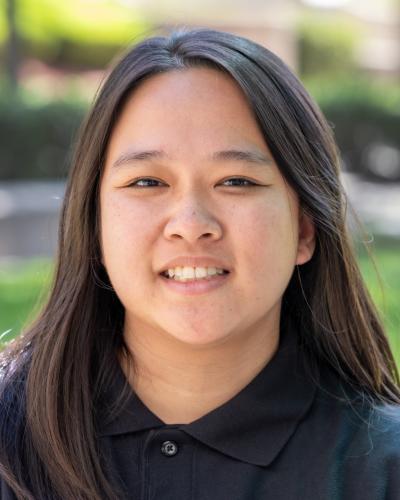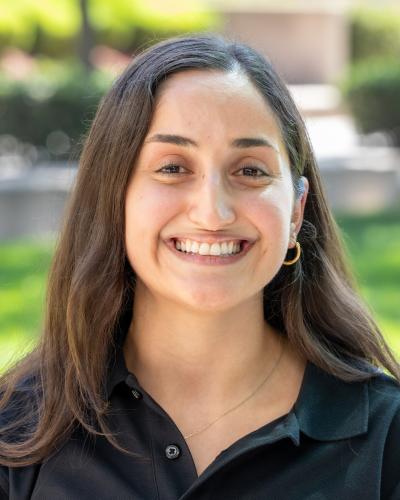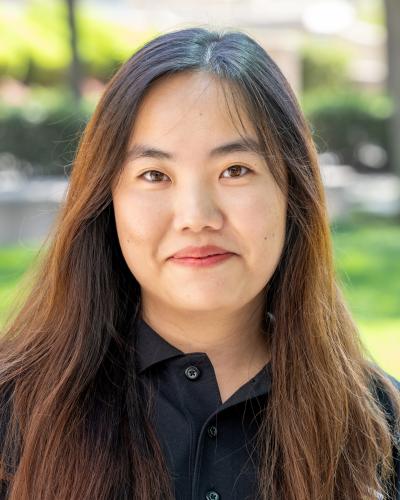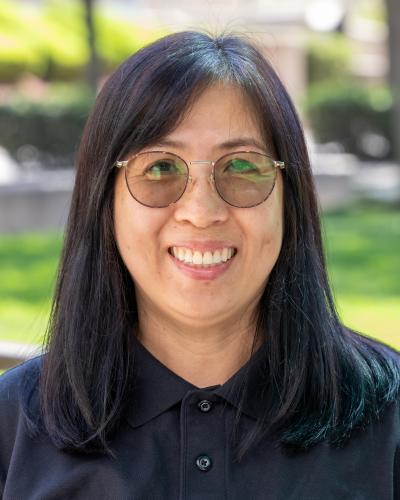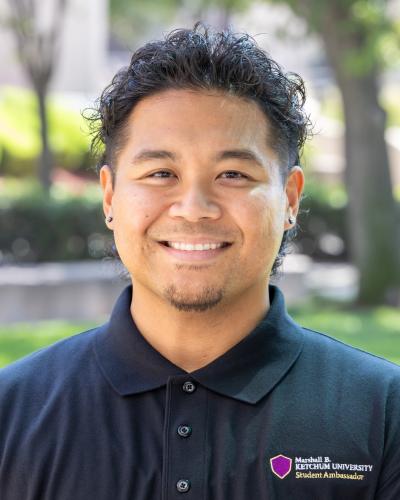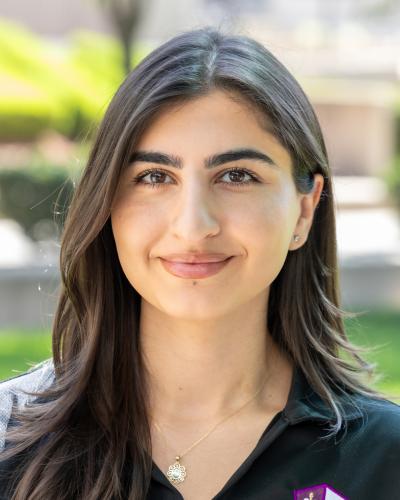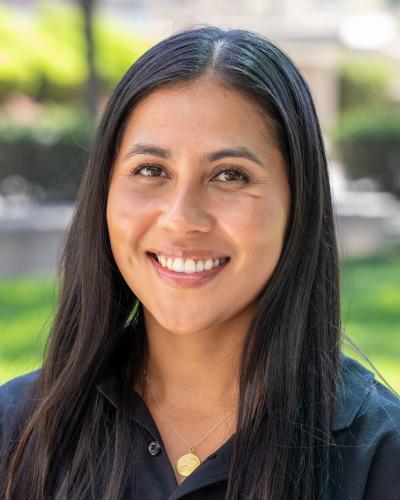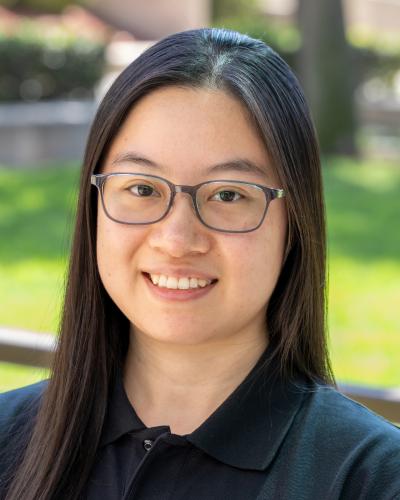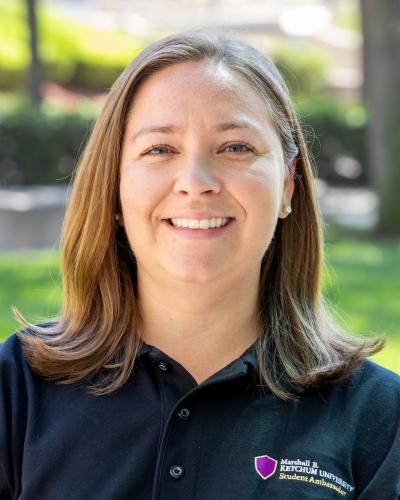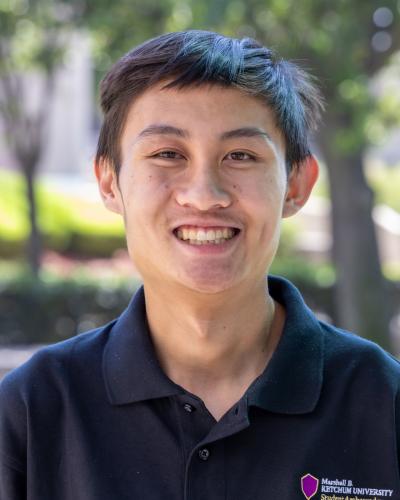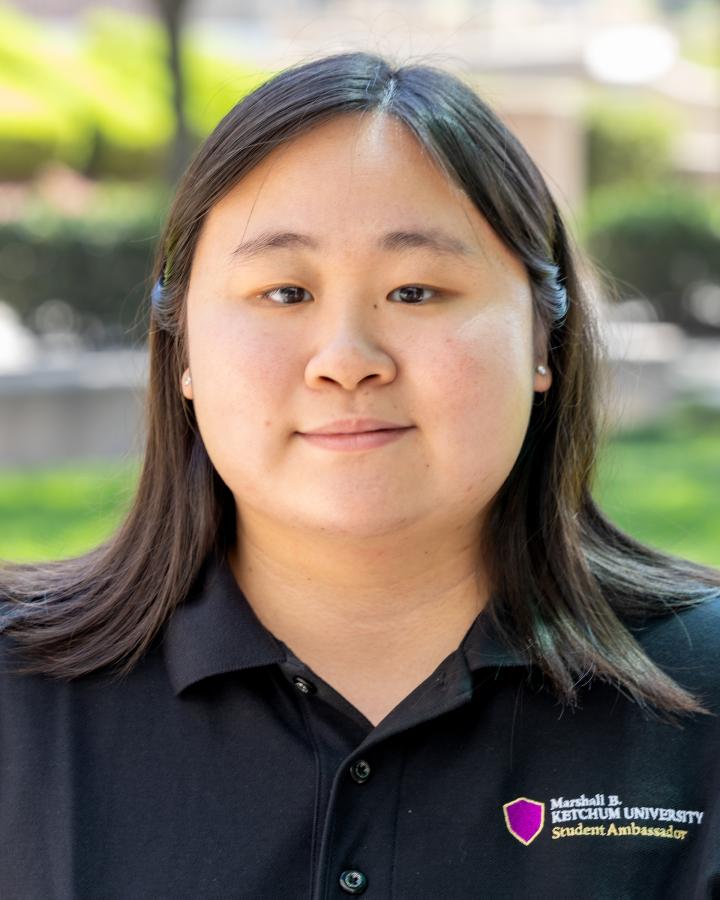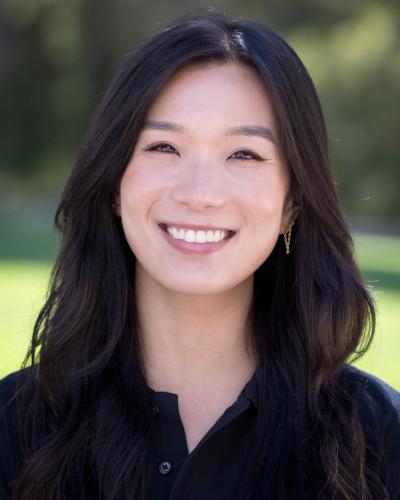
Ask me about
Moving to Fullerton for grad school
Why did you choose MBKU?
MBKU was my top choice when applying to PA school, and one of the main reasons was because of how welcoming, friendly and genuine the students and faculty were. Coming from a school like UCLA, where class sizes could be upwards of 500, I appreciated how close-knit the students were with each other and with the faculty. Every faculty member I interacted with was enthusiastic and dedicated to the students’ education and learning. Combined with the exceptional pass rates for board exams, this spoke volumes about the quality of the program and school.
Another reason I chose MBKU was that the values and mission statement closely align with my own. One of the biggest priorities in my life is compassion, and growing up as an immigrant, the cultural barriers and new society were often difficult to navigate. I remember being made fun of for the ethnic lunches my parents had painstakingly made, and how challenging it was to navigate the healthcare and school system. My experiences made me determined to become a compassionate being both professionally and personally, and I believe MBKU was the perfect environment for that.
Any advice for Prospective Students?
1. Being organized and prepared goes a long way. With PA applications, different programs are going to have varying requirements, admissions timelines, deadlines and interview processes. Looking up all that information ahead of time, compiling it into one place and then determining if you meet all the requirements is going to save you time AND application fees. Additionally, it gives you the opportunity to look into the program's mission and values, and decide if you would be a good fit for each other. At the end of the day, you want to make sure that this is a program you’re going to be happy at!
2. Don’t rush your personal statement or leave it to the last second. It’s a chance for the admissions committee to get to know you both professionally and personally, and for you to share your story, so it’s important that it is an authentic representation of you and your personality.
To go along with this, try to keep a log of your most memorable moments, such as meaningful patient encounters, times when you were struggling, and experiences that shaped your desire to become a PA. Having a log to reference is so helpful in drafting not only your personal statement, but also your secondaries and interviews as well!
3. Seek feedback from your mentors, advisors and peers. Having other eyes on your application materials is so beneficial in helping you identify areas for improvement. That being said, be sure to take advice with a grain of salt - everyone is going to have different opinions, so if you feel strongly about something, don’t be afraid to stick to your guns - at the end of the day, this is YOUR application.
What are you involved in on campus?
SPAS Student Government - Treasurer
What do you like to do when you’re not studying?
I love to stay active, and I find that having the time away from a screen helps my brain to rest, recuperate and better retain the information I'm studying. I go to the gym regularly, and run 2-3 times a week. Some of my classmates and I have actually started a run club! We run after class once a week, about 2 miles or so around the CSUF campus, then usually head back to the library to study together.
I also follow Formula 1 and watch races on the weekends if I have time.
What is a fun fact about you?
My dog is a 14 year old golden retriever-corgi mix!

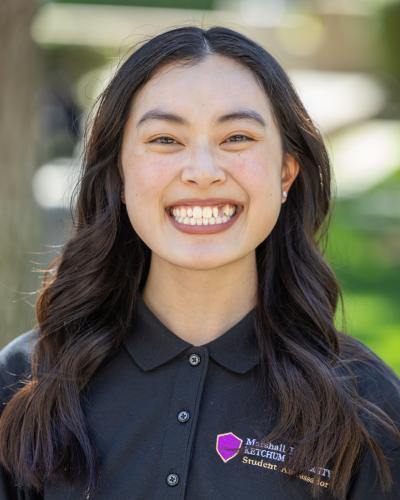
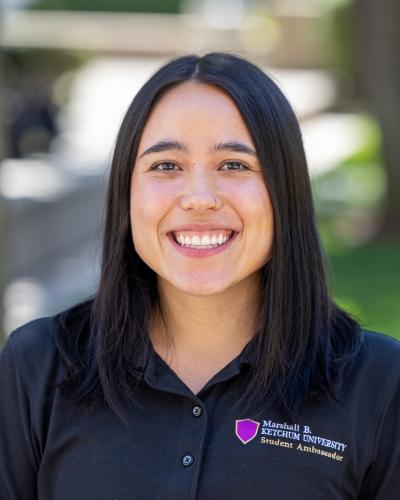
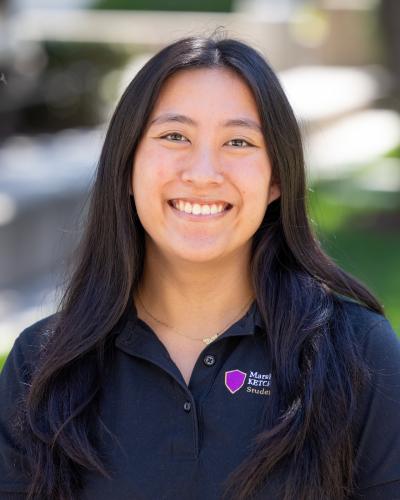
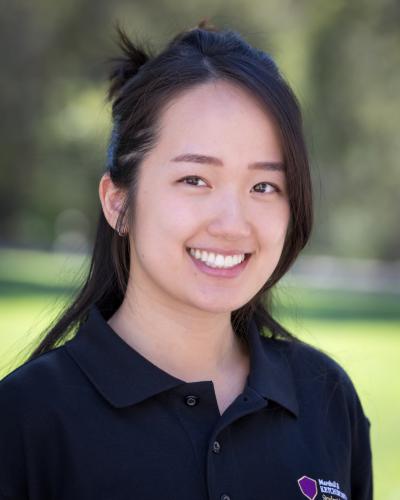
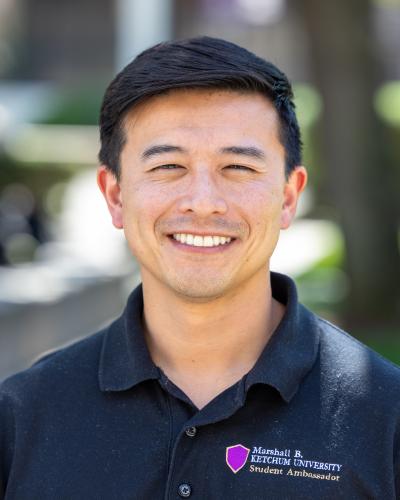
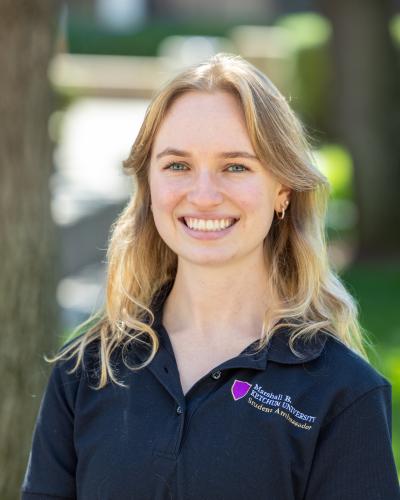
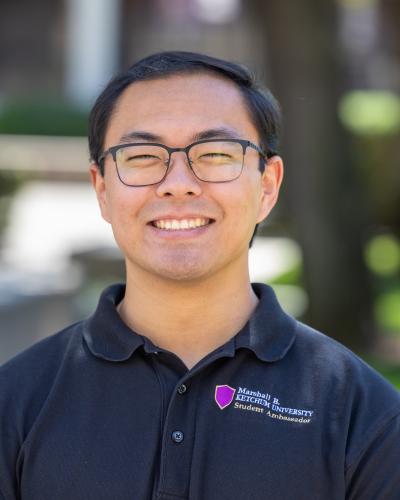
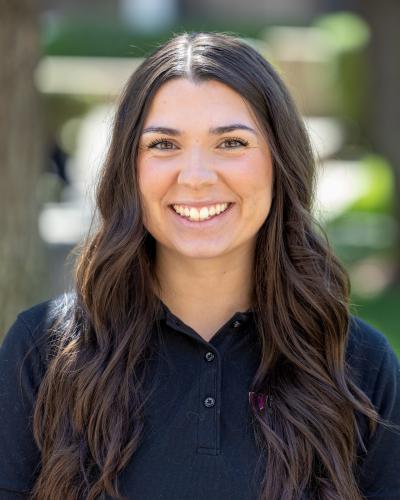
.jpg)
